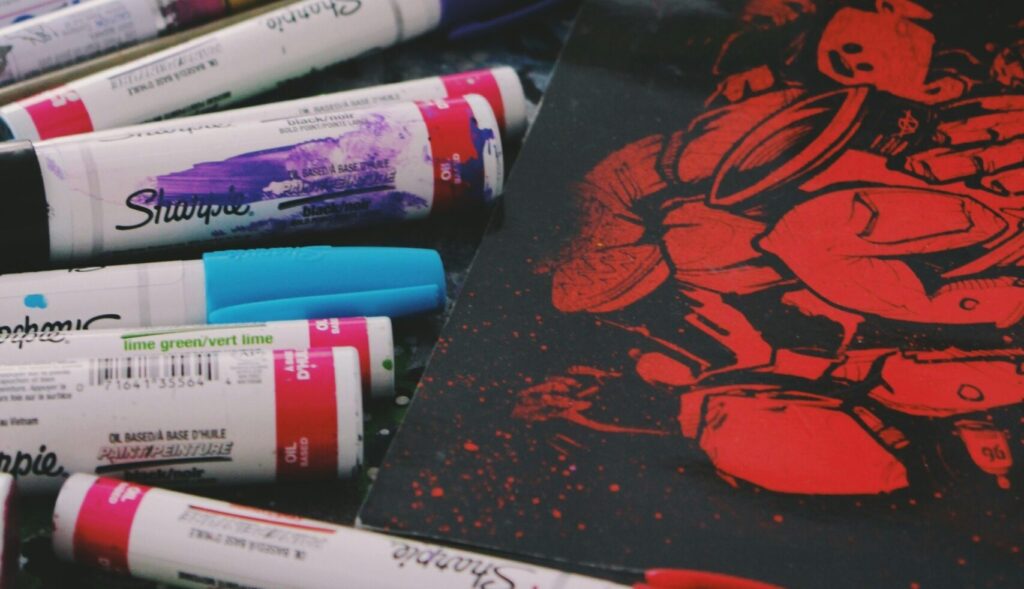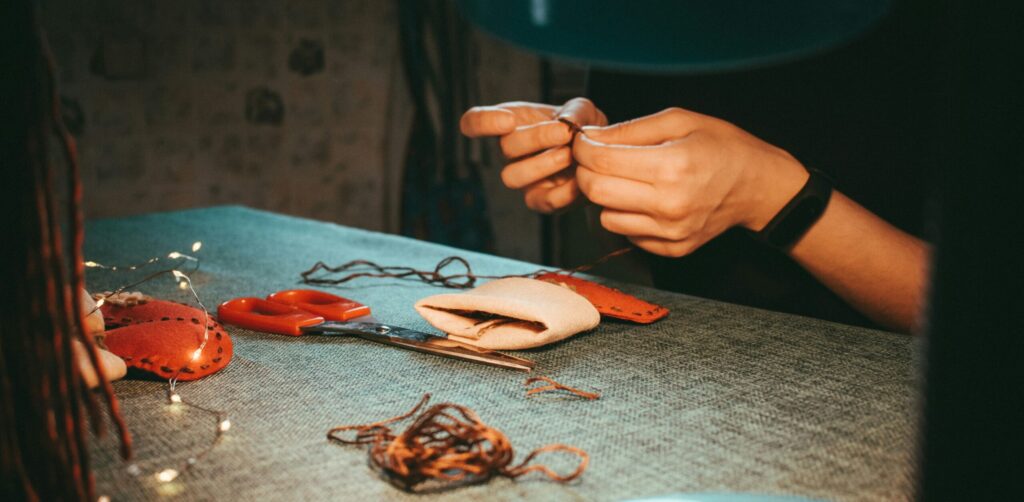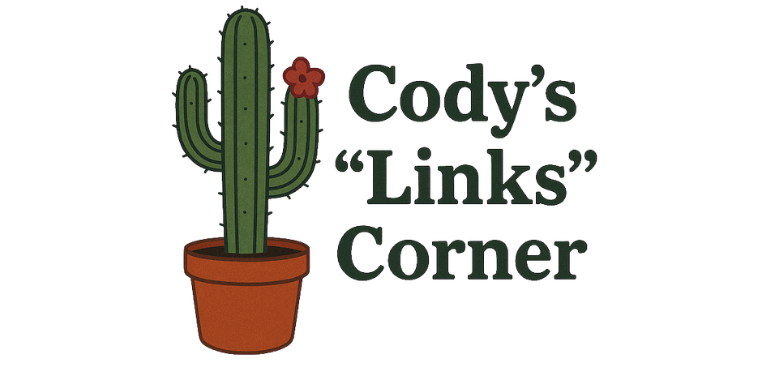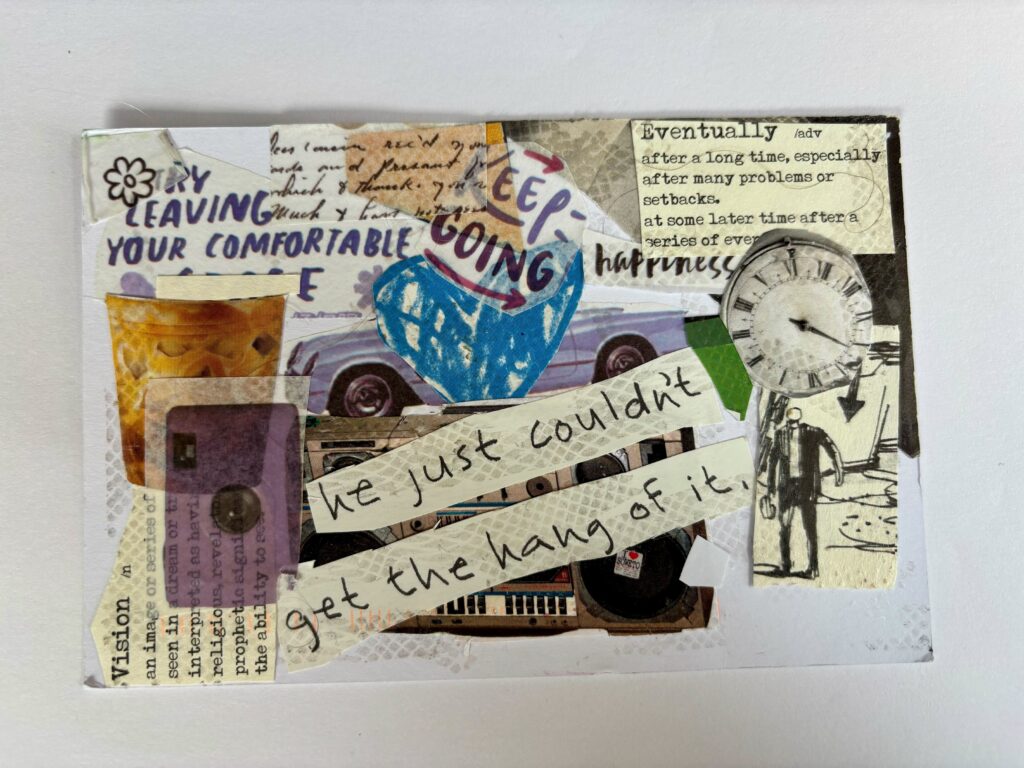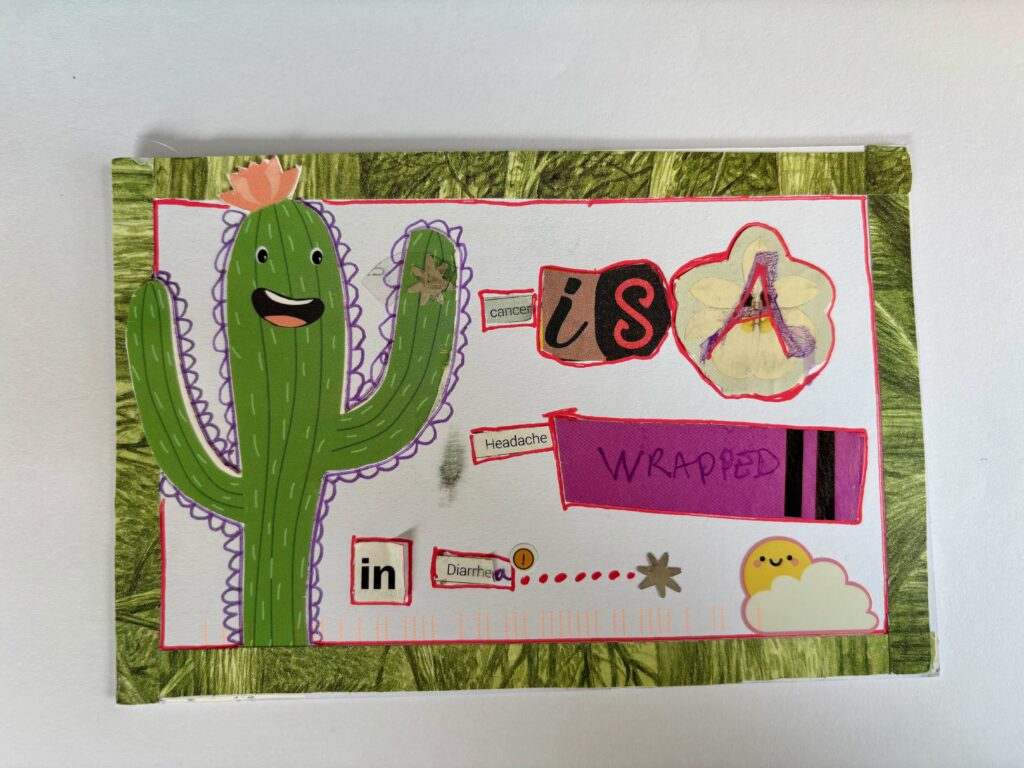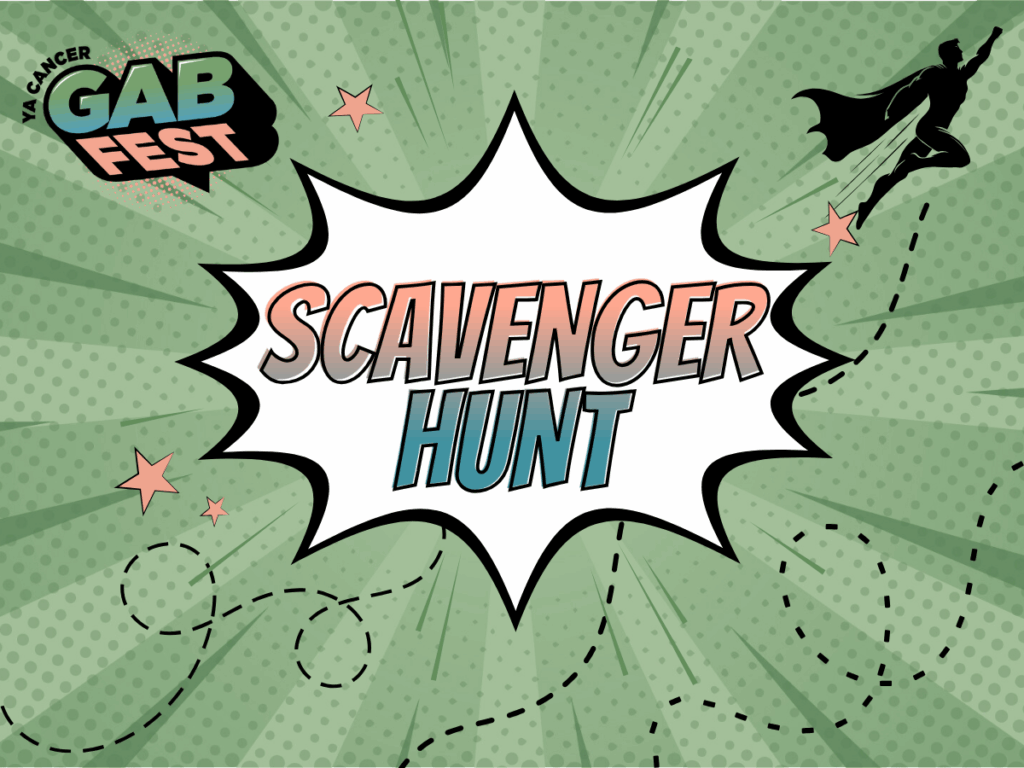If you’ve ever wished cancer came with fewer doctor visits and more art supplies, this one’s for you. This November and December, Cactus Cancer Society is opening two creative spaces just for young adults facing glioma, where self-expression takes center stage and connection is the real masterpiece. Whether you love to doodle, write, color, or simply show up and see what happens, we’ve got you covered.
The Creative Arts Book Club: Glioma Cohort
Forget everything you think you know about book clubs. There’s no assigned reading you’ll dread, no pop quiz at the end, and definitely no quiet shushing librarian energy here.
Over four weeks, we’ll be hanging out with Out of Your Mind: A Journal and Coloring Book to Distract Your Anxious Mind by Dani DiPirro, a creative playground of prompts and illustrations that help you get out of your head and into the moment. You’ll journal, sketch, color outside the lines, and maybe even discover a new part of yourself along the way.
Each week, we’ll gather online for a couple of hours of reflection, creative play, and connection. You’ll have space to share what’s coming up for you and to listen to others who just get it. And during the last part of each session, you’ll join a special focus group, designed to help shape the future of glioma care for young adults.
You bring your spark and your story. We’ll bring the art, the prompts, and a free copy of the book. Oh, and did we mention you’ll also get a little thank-you gift for participating?
Glioma Survivor Creative Workshop: Gabfest Pre-Conference
Before Gabfest officially kicks off, we’re hosting a pre-party unlike any other. Picture this: a cozy online space filled with color, laughter, and maybe a few capes.
In the Glioma Survivor Creative Workshop, led by Aerial Donovan and Lauren Morales, LCSW, you’ll design your very own superhero cape that celebrates your humor, grit, and resilience. No art skills needed, just curiosity and a willingness to play.
Think scissors, markers, and a little creative chaos mixed with meaning. This is your chance to show off the strengths you’ve built, the quirks that make you, you, and the ways you’ve become your own kind of hero in a space where you can connect with other Glioma survivors, thrivers, and patients.
Why Creativity Belongs in Cancer Care
Creativity is more than paint and paper. It’s a survival skill. When you make something, a drawing, a story, a collage of feelings you can’t explain, you’re reminding yourself that you exist outside the medical world. Research backs it up: expressive art has been shown to reduce anxiety, improve mood, and help people find meaning in their experiences with illness (Stuckey & Nobel, 2010; Reynolds & Prior, 2003). But beyond the data, it just feels good. It’s a chance to be messy, curious, and fully alive.
Programs like these are about joy and connection as much as healing. They’re a reminder that you can hold uncertainty in one hand and creativity in the other, and still make something beautiful out of it.
A Note of Gratitude
Programs like these don’t happen in a vacuum. They’re made possible by generous partners who believe in the power of creativity, connection, and community for young adults navigating cancer.
We’re deeply grateful to Servier for their support of these glioma-focused programs and for recognizing the importance of spaces where young adults can express, heal, and lead with authenticity. When you invest in creative care, you’re not just funding programs; you’re helping people find their voices again.
Learn more about Servier’s commitment to advancing cancer care at www.servier.us.
References
Reynolds, F., & Prior, S. (2003). A lifestyle coat-hanger: A phenomenological study of the meanings of artwork for women coping with chronic illness and disability. Disability and Rehabilitation, 25(14), 785–794. https://doi.org/10.1080/0963828031000093486
Stuckey, H. L., & Nobel, J. (2010). The connection between art, healing, and public health: A review of current literature. American Journal of Public Health, 100(2), 254–263. https://doi.org/10.2105/AJPH.2008.156497
Got questions? Reach out to us, programs@cactuscancer.org



